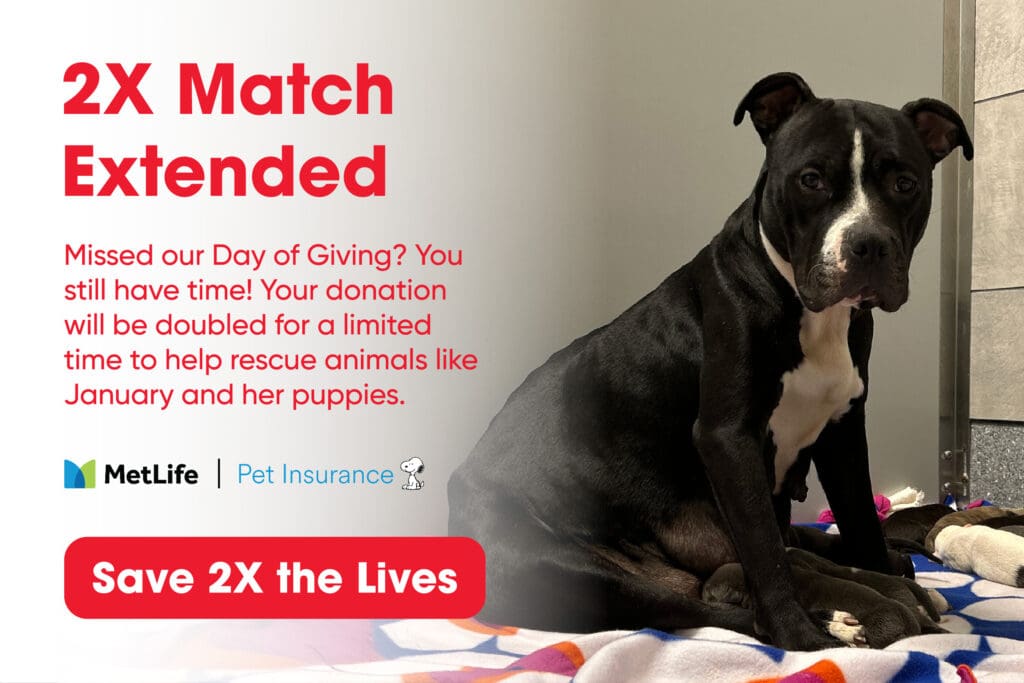Puppies and kittens! Who can resist them? From their affectionate kisses or insistent purring to their boundless energy, puppy (and kitten) love is something we are hardwired to find irresistible.
But not everyone can live with a puppy or kitten. The Atlanta Humane Society always has adult pets waiting for homes, and they make great companions for many reasons.
Adult pets, sadly, aren’t adopted as quickly as youngsters . . . and neither are senior pets. Misconceptions about senior pets (typically, dogs 6+ years and up, and cats 8+ years and up) abound.
Senior Pet Misconceptions
Senior pets won’t bond with their new families. If you believe this, you’ve never adopted one! It may take them a bit more time to warm up, but domestic dogs and cats are hardwired to connect to people. Have some patience and provide good structure and schedule. If they were bonded to humans before, they will bond to you if their needs are being met.
Senior pets have health issues. Yes, some do. Every animal undergoes changes with age. But medical breakthroughs, better nutrition, and good veterinary care keep pets healthier, and many health issues brought by age are treatable. As long as they aren’t in pain, pets generally deal quite well with health issues, even major ones.
Senior pets are more expensive. Health issues aside, it doesn’t cost more to feed or house senior pets as a rule, and training costs are usually lower. Costly health problems can occur to any age pet. Younger pets eat more, need training and exercise, and lapses in supervision can be costly.
Senior pets won’t live as long. It’s true that starting with a young animal usually gives you years of a bond. But for senior pets, look at it less as being about length, but quality. Yes, you may only get five years with an older pet, but they could be the best five years of both your lives. Having a senior pet helps many people to appreciate the moment—a skill we all need to learn.
Senior pets are crabby and sleep all the time. Most pets do sleep more as they reach senior status, but this may not be a negative. Cats sleep a lot anyway, and while a senior dog may not be as “rarin’ to go” as a puppy, this is not always a bad thing. Senior pets can still be quite active (walking replaces running), or they can be content to cuddle and spend more downtime with us. As for crabby, that depends on the individual. Though some aspects of aging can be painful, most pets are pretty stoic. (Any sudden change in a pet’s behavior should always be checked out by a veterinarian first, and some medications can alter behavior.)
As the proud owner of multiple canine shelter adoptees, one adopted at the age of 12, I can personally vouch for seniors as great pets. In the right homes, they blossom. I can’t read my dogs’ minds, but I’ve always believed that older pets are grateful for the chance to love someone new. Adopting a senior and making his or her last years of life the best they can be is a feeling that has no equal.

